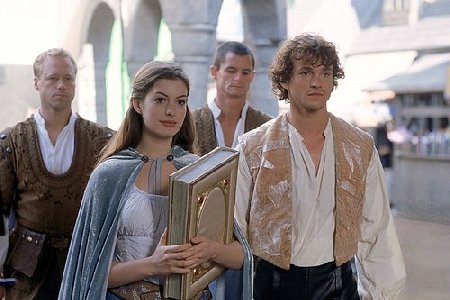
As a zoo keeper, Gary Richmond (the author) learned a lot about God's wonderful animals and in the process learned a lot about God. In this book he tells the reader of a particular grumpy old bear named Henry. Henry was a 200 pound, bushy, black and white sloth bear. He was an unforgettable bear. Henry often threw temper tantrums and anything from not getting a treat to flies buzzing around him would set him off. Well, one day after getting fed and off to bed, it started raining and the water pumps around his cave stopped working and the water in his cage started rising fast. The bear was doing everything possible to keep his head above water all the while throwing a first-class fit.
Henry waited all night for his keep, George to come back, but the zoo didn't open until 8:30am. George came in the morning and became frightened when he saw that it was still raining and Henry's cave was almost filled all the way up. George immediately found a phone and called security for help and had them bring every water pump they could get their hands on. George started praying for Henry's safety. Then the bear's nose disappeared under the water and George knew he had to do something to save the beloved sloth bear. After what seemed like forever, Henry popped out from under the water next to the front of the cave. He had been looking for higher ground and made it.
"Sometimes it seems as if everything is going wrong, doesn't it? It might even seem as if you're alone and no one cares about you. You may feel just as Henry did. Still, Henry kept looking for George to come help him. He never gave up. HEj just kept holding on to keep his nose above water. And that's what you have to do, too, when times are tough. Like George helped Henry, God will help you. Just keep asking him to and never stop hoping. You see, just like Georeg, God may sometimes seem slow, but he's never too late to save you. Isn't that great news?"---- Gary Richmond
----That is the moral at the end of the story. Here's mine: "Henry's adventure shows us not to give up hope. God may seem slow in coming, but he's never too late to help." It's everything the above portion just said, only shorter.





